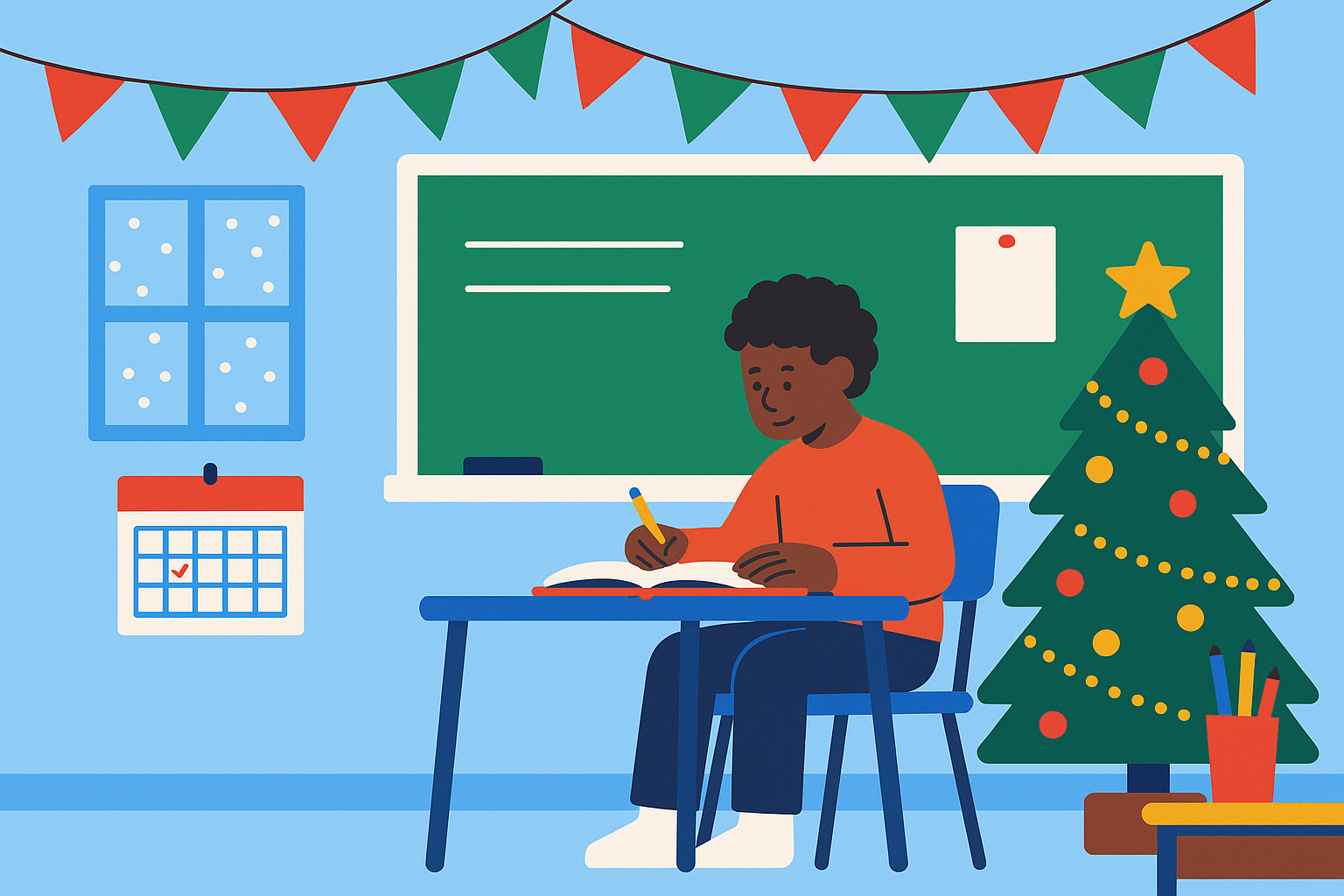The start of a new school year can feel like a whirlwind for both kids and parents. From buying school supplies to managing new schedules, it’s easy to feel overwhelmed. That’s why these back-to-school tips for parents are designed to help you prepare your kids in ways that go beyond just shopping for notebooks. By focusing on organization, time management, and building strong executive function skills, you’ll set your children up for a confident, smooth, and stress-free transition into the year ahead.
Why Back-to-School Preparation Matters
A smooth start to the school year doesn’t just happen by accident — it’s the result of thoughtful planning and preparation. Taking the time to get organized before the first day helps reduce stress for both parents and kids, making mornings calmer and afternoons more manageable. More importantly, early preparation supports the development of executive function skills like time management, organization, and problem-solving. These skills aren’t just useful for handling schoolwork; they’re life skills that help children become more independent, confident, and resilient. By starting the year with a plan, you’re setting the tone for consistency, responsibility, and success all year long.
Tip 1: Create a Back-to-School Checklist That Works
A well-organized checklist is the foundation of a stress-free start. Break it into categories:
- School Supplies: pencils, notebooks, folders, art supplies, calculators.
- Clothing: uniforms or dress code-appropriate outfits, shoes, jackets.
- Forms & Documents: medical forms, emergency contacts, permission slips.
- Technology: charged devices, software updates, necessary logins/passwords.
Checklists not only keep parents on track but also give kids a sense of ownership when they can help tick off completed tasks — a great way to build independence and strengthen planning skills.
Tip 2: Set the Stage for Stress-Free Mornings
Morning chaos can derail even the best intentions. The key is preparation the night before:
- Pack lunches and snacks in advance.
- Lay out clothes and shoes for the next day.
- Make sure backpacks are packed and placed by the door.
Creating a calm, predictable morning routine not only saves time but also teaches kids executive function skills like time management and planning ahead. Keep breakfast simple yet nutritious, and build in a small “buffer time” so you’re not rushing out the door in a panic.
Tip 3: Establish Everyday Routines to Build Executive Function Skills
Kids thrive when they know what to expect — and routines are a great way to develop self-management skills.
Homework Station:
Set up a quiet, well-lit space stocked with pencils, paper, and chargers. Having a dedicated homework spot reduces distractions and helps kids mentally shift into “focus mode.”
Breaks and Balance:
Encourage short breaks between schoolwork sessions. A 5–10 minute walk, a snack, or a quick stretch can recharge their energy and prevent burnout, especially after a full day of classes and extracurricular activities.
Review Together:
Spend a few minutes each evening reviewing homework or discussing the day’s lessons. For more complex subjects, consider scheduling time with a tutor or executive function coach. This not only supports learning but also models the organizational strategies you want your child to adopt. Want to know more about how executive function coaching boosts student success? Check out this article. If executive function coaching simply isn’t in your schedule or budget, consider using Uluru to help your student stay on top of their schoolwork!
Tip 4: Keep It Organized: Tips for Backpacks, Desks, and Supplies
Organization is a skill that pays off for life. Help your child keep their space and supplies tidy:
- Backpack Reset: Once a week, go through the backpack together to remove trash, organize folders, and restock supplies.
- Desk & Study Area: Teach them to clear their workspace after homework is done so they can start fresh the next day.
- Color-Coding: Use folders or binders in different colors for each subject to make materials easy to find.
By giving kids systems for staying organized, you’re helping them strengthen executive function skills like working memory and self-monitoring.
Tip 5: Curate Your School Calendar and Teach Kids to Manage Their Time
A family calendar is essential for managing assignments, activities, and events. Start by creating a shared digital calendar using Google Calendar or a similar tool. Enter school holidays, project deadlines, extracurricular schedules, and appointments.
Over time, hand off the responsibility to your child. Show them how to enter events, set reminders, and check the calendar daily. This gradual shift empowers them to manage their own schedules — an advanced executive function skill that will serve them well into adulthood.
Final Thoughts on Back-to-School Success
Back-to-school season doesn’t have to be overwhelming. By focusing on preparation, organization, and the development of executive function skills, you can help your child feel confident, capable, and ready to take on the year ahead. These back-to-school tips for parents aren’t just about making the first week easier — they’re about building lifelong habits that foster independence and success.


